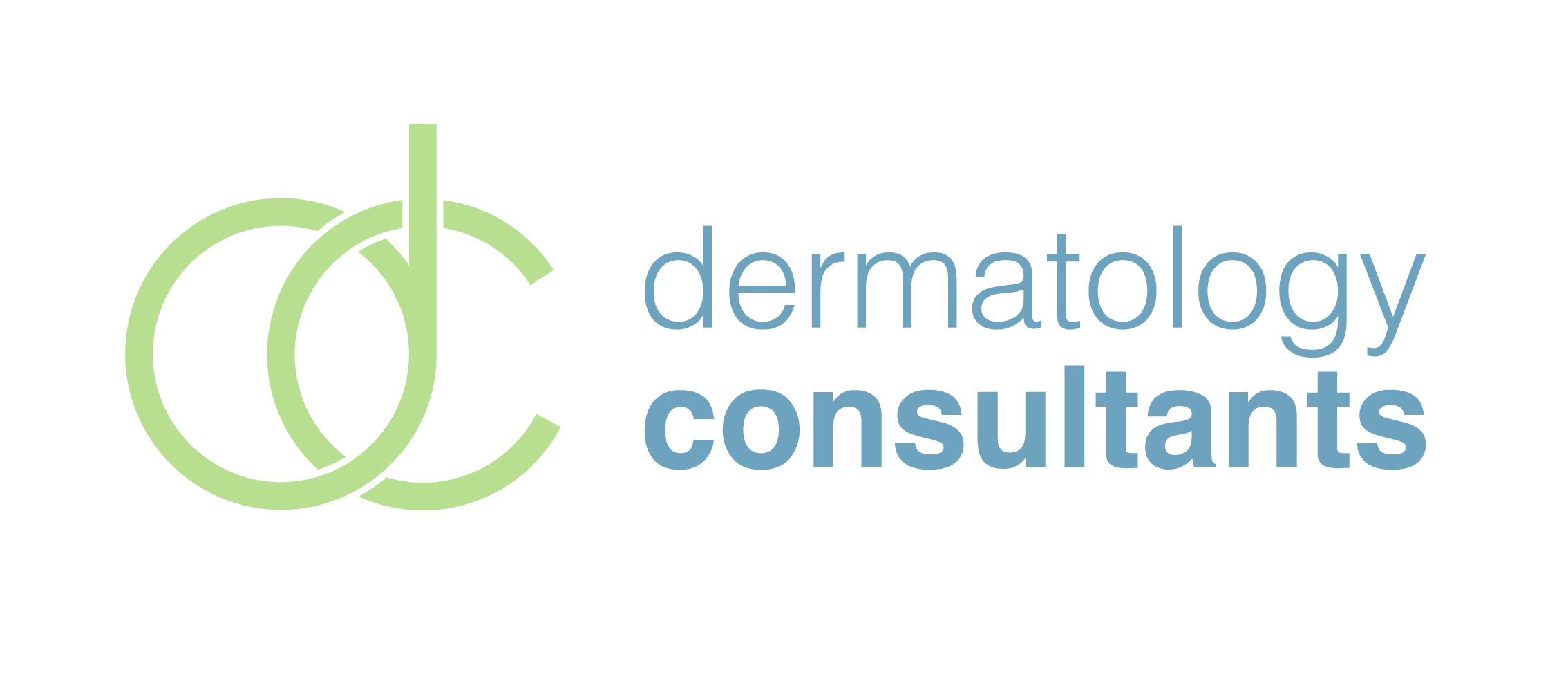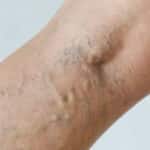All You Need To Know About Varicose Veins
Varicose veins usually do not impact health, but that doesn’t mean you have to like their appearance either. Veins become varicose when the blood returning to your heart builds up inside the vein, resulting in increased pressure throughout it. This pressure causes weakened veins. Varicose veins bulge out of the skin, giving it a less than ideal look. In this article, we’ll explain what causes varicose veins and offer some potential treatments to get rid of them.
What Causes Varicose Veins?
Healthy veins have valves within them that stop blood stagnating or reversing direction. These valves open and close so that blood flows in a singular direction, back towards the heart. If these valves get damaged, weakened, stretched out, or inflexible, blood will not flow as effectively and will begin to accumulate in the vein. As a result, the vein becomes swollen and enlarged, making it visible through the skin.
Experts haven’t proven why veins lose their valve function, or why blood accumulates in the vein. However, they have determined the types of people and the types of lifestyles that more commonly get varicose veins. While some can be adjusted to lower the likelihood of varicose veins, others cannot. Here are a few factors that contribute to varicose veins:
- Gender: Females experience varicose veins on their legs much more often than males.
- Genetics: Varicose veins often run in families. Sometimes, your genetic makeup and background will make you more likely to develop varicose veins.
- Obesity – Obese people carry a significantly higher likelihood to develop varicose veins. Being overweight puts added strain on the circulatory system as a result of both diet and carrying the extra weight around. Obesity increases the pressure in the vein, while also contributing to potential vein blockages, both of which can cause varicose veins.
- Pregnancy – Women are much more likely to develop varicose veins during pregnancy than at any other time in their lives. Pregnant women have more blood flowing through their bodies. That extra blood increases the total pressure exerted on the circulatory system. Pregnancy hormones also relax blood vessel walls, allowing a higher possibility for varicose veins. As the uterus grows during pregnancy, pressure increases in the woman’s pelvic area. With increased pressure throughout the body, pregnant women may develop more varicose veins.
- Age – As time marches on, our bodies weaken. That includes our veins as well.
- Lifestyle and Stress – If your job requires you to stand up for long periods of time, the pressure circulatory system raises your risk of developing varicose veins. Stress also contributes to varicose veins.
How Are Varicose Veins Treated?
If your doctor recommends varicose vein treatment, your options will range from a few small fixes to comprehensive, medical treatments. Whether you want to lessen any pain or discomfort you experience, or you simply hate the look of them, your doctor may recommend a variety of different treatment plans.
- Compression Stockings: These medical stockings squeeze your legs and improve your circulation, encouraging better blood flow back towards your heart. Compression stockings will be very tight around the ankles and offer more room higher up your leg. By adding pressure down lower, it makes it easier for your blood to flow against gravity and return to your heart. Compression stockings also improve any pain or swelling of the legs, so if you have only a few varicose veins here and there, this option may help alleviate any issues you have. Studies show that wearing these stockings provides comfort and relief but may not cure your varicose veins.
- Laser treatment: You can close off smaller veins with laser treatment, a process that delivers strong bursts of light to the vein, causing it to fade or even disappear. No incisions needed. Your doctor will advise you if laser vein treatment will offer a good solution for your varicose vein issues.
- Sclerotherapy: In this varicose vein treatment, your dermatologist will inject medicine into small and medium-sized varicose veins. The process will close those veins, alleviating the pressure they’ve been put under. In some cases, a vein may need to be treated more than once, but you can expect to see fading of the treated vein in a few weeks.
- Surgery: If you have large varicose veins, your doctor might recommend surgery. Performed under general anesthesia and usually on an outpatient basis, the surgery will help remove these veins and improve your leg’s appearance. If you treat both legs, you might need to spend one night in the hospital. Other veins in your leg will take over the work of the removed, damaged vein, so you won’t have any future circulation issues when performed successfully. Potential complications of this procedure include deep vein thrombosis, bleeding, pain, or bruising.
Your dermatologist may offer other types of treatments for varicose veins, including radiofrequency ablation or laser treatment.
What Are The Risks Of Laser Treatment For Varicose Veins?
If you opt for laser treatment of your varicose veins, you will want to be aware of potential side effects. These include:
- Minor skin burns
- Changes to skin coloring in treated areas
- Burning or prickling sensations during recovery caused by nerve damage
- Small or large blood clotting in the vein
Talk to your doctor, not just about which kind of treatment may be right for you, but also about his/her experience with the newest laser vein treatment procedures. Ask if your dermatologist’s patients have reported negative side effects after treatment.
Booking A Varicose Vein Consultation With Short Hills Dermatology
Varicose veins create discomfort and affect your appearance negatively. By consulting your dermatologist, you can determine how to best minimize their appearance and alleviate any pain resulting from your varicose veins. Like any procedure, side effects and obstacles exist, but your doctor should offer you expertise and advice so you know about all the drawbacks of your chosen procedure. If you need treatment for your varicose veins, contact the professionals at Short Hills Dermatology to book your appointment today.





